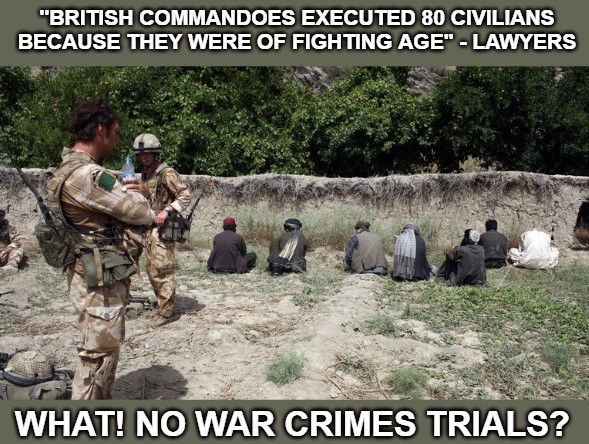‘There is only a means, the resistance of the Boers to break; namely the toughest oppression. In other words, we need to kill the parents, so that the children have respect for us.’ ~ Winston Churchill, Journalist, Morning Post.*
The British Empire was at war with the Transvaal and the Free State, and it was slowly winning. Most women across the empire believed the war was just and necessary. That was, after all, what they had been taught to think by media. But one of them was different.
One woman among millions read the news reports and scratched her head. And frowned when the dots did not connect. When she heard that Boer civilians were being treated inhumanely, she was the only one who would not let others soothe her conscience and do her thinking for her. She bought a ticket for South Africa and set sail to investigate in person.
What she discovered defied description. She had believed that there was just one concentration camp. Instead, she found there were 45. They were comprised of captured civilians who had been herded behind barbed wire fences to make the country uninhabitable for the commandos in the field. Old men, women and children. She had been told that they were refugees, which the Crown was taking care of for humanitarian reasons. The concentration camps were for their own safety. That is what they told her. But that’s not remotely what she saw.
Instead, she discovered that the people in these camps were dying at an unbelievable rate – dying of disease, malnutrition, exposure to the elements and neglect. They were being abused and humiliated, the meat rations that they were given were often rotten or came from animals that had died of disease and exposure. Already entire families had died out. And every day some processions lead to cemeteries where the dead were being buried faster than coffins could be made.
She was utterly shocked, and for a while did not know what she could do. But she knew she had to at least try to do something.

In 1901 Emily Hobhouse was a nobody. She was just one more nameless Englishwoman. Young, unmarried and insignificant. Her father was dead and her family wasn’t rich or influential. What could she possibly have done? She seemed powerless.
Or was she…? Emily Hobhouse did not see it entirely that way. After she had visited the death camps, she returned to England – armed to the brim with statistics, testimonials, records of interviews, and photographs. And when they refused to listen, she went to press. That’s when the fireworks began.
The Julian Assange of her time, when she presented the truth to the British public, the knowledge was sensational. The opposition howled that the military authorities were using ‘methods of barbarism’ to conduct their war.
Her embarrassing revelations shook parliament to its foundations and made the powerful men who had instigated the war scurry to deny, cover and dismiss the facts. And yet, no matter how they tried, the young Englishwoman from nowhere had uncorked a storm that refused to go away.
Suddenly the obscure young woman became famous. And threatening. Armed with no sword except truth, she had become a weapon more dangerous than anything her country’s enemies possessed.
They responded predictably, by fighting back with denials and character assassination. They slated her as a traitor, called her disloyal, and a colluder with her country’s enemies. But still, some rubbed their chins thoughtfully and said, ‘I wonder….’
Not surprisingly, Emily Hobhouse did not win this round, but curiously, she also did not lose. Perhaps one could say that she had achieved at least a draw. Or maybe something more, for after her revelations, the Fawcett Commission was established – and tasked to report to parliament on conditions in the British concentration camps.
As the investigators set sail, the powers in control scurried to hide, obfuscate and camouflage the dreadful conditions as best they could. But even after all the sanitizing, the report of the Fawcett Commission was damning when it was released. It has blemished and embarrassed the records of civilized warfare for a hundred years, and continues to do so to this day.
Yet, something enormously good did come from it. After the revelations had been made, a significant amount of reform was grudgingly introduced. It was still very, very far from adequate, and people kept dying like flies. But the death rate did drop sharply, and living conditions did improve enough to allow at least a chance of possibly surviving the confinement until the end of the war.
Upon the high plains, hollow-eyed families huddled beneath frost and snow in their canvas tents and realized that now at least, some of them would live as God had ordained.
At Emily Hobhouse’s next trip to South Africa, the military authorities denied her entry and repatriated her back to England. They had had enough of ‘that damned Englishwoman’ as they referred to her. But she had set a course of events in motion that would continue even in her absence.
Unfortunately, her intervention had come too late for many, though. In the end, between 27,000 – 29,000 white women and children died in the camps. A frightful percentage of a small population. Of the women and children in black concentration camps, no meaningful records were kept and their losses can only be guessed at. Emily was not even able to get to them. Historians seem to think the number must have been the same, or greater.
[…]

*NOTE: Boer concentration camp deaths totaled 28,000, of whom 22,074 were children under 16 years of age.
Via https://europerenaissance.com/2024/04/19/conscience-and-courage-changes-man-and-history/

